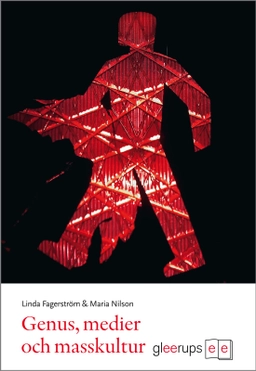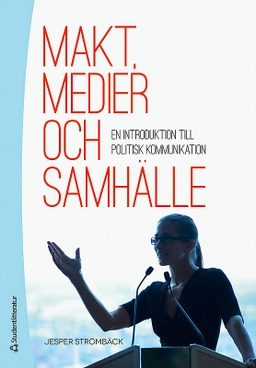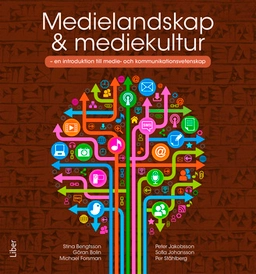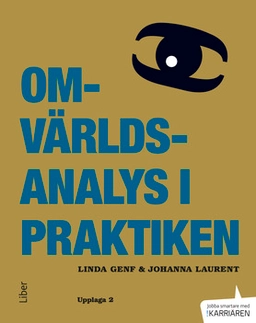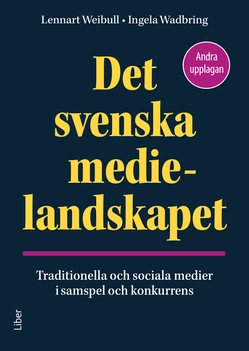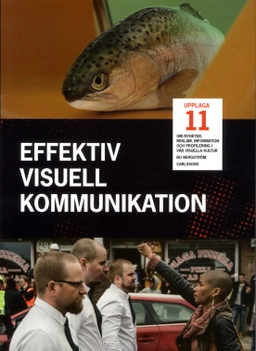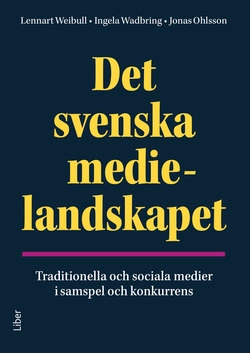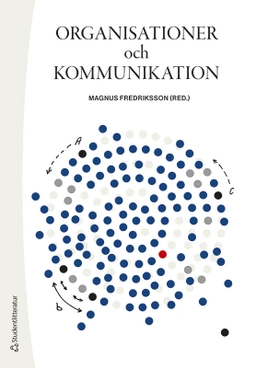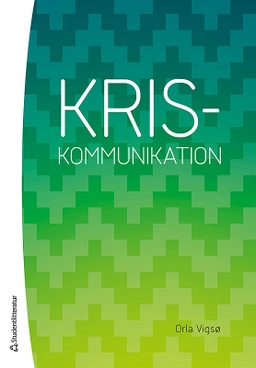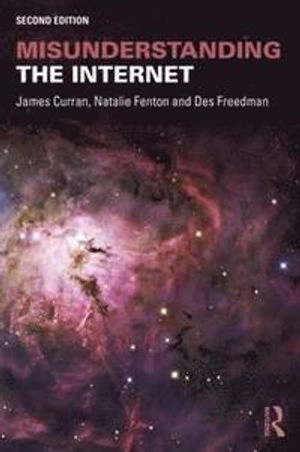

Misunderstanding the InternetUpplaga 2
- Upplaga: 2a upplagan
- Utgiven: 2016
- ISBN: 9781138906228
- Sidor: 224 st
- Förlag: Routledge
- Format: Häftad
- Språk: Engelska
Om boken
Åtkomstkoder och digitalt tilläggsmaterial garanteras inte med begagnade böcker
Mer om Misunderstanding the Internet (2016)
2016 släpptes boken Misunderstanding the Internet skriven av James Curran. Det är den 2a upplagan av kursboken. Den är skriven på engelska och består av 224 sidor. Förlaget bakom boken är Routledge.
Köp boken Misunderstanding the Internet på Studentapan och spara uppåt 51% jämfört med lägsta nypris hos bokhandeln.
Referera till Misunderstanding the Internet (Upplaga 2)
Harvard
Oxford
APA
Vancouver


